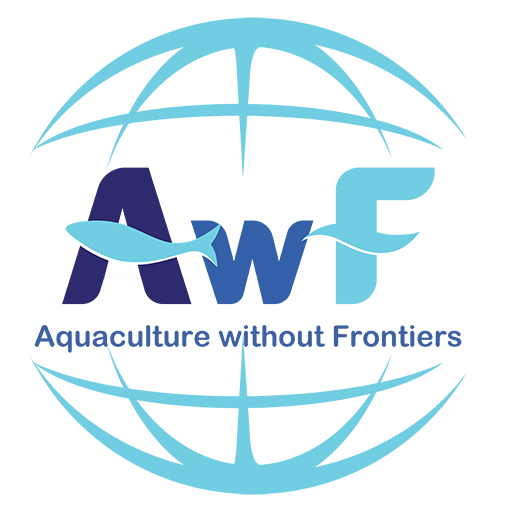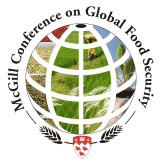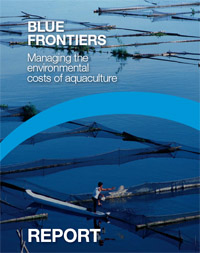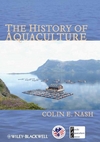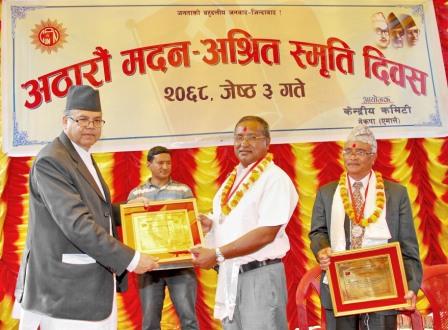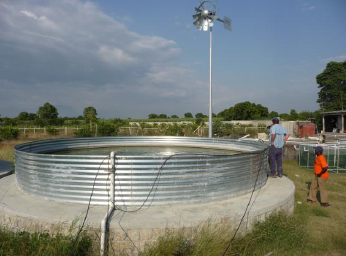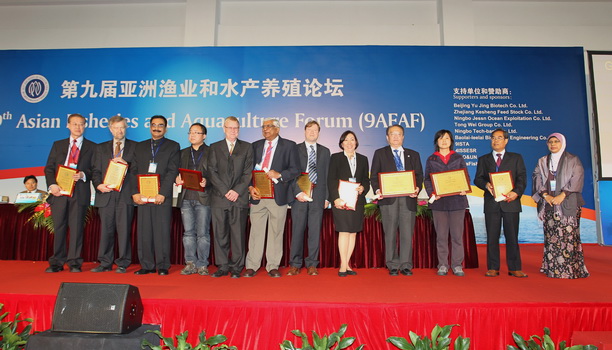AwF Co-Chair M.C. Nandeesha speaks at 3rd Global Symposium on Gender in Aquaculture and Fisheries
Category:UpdatesAwF Co-Chair M.C. Nandeesha spoke in the session on Gender in the aquaculture and fisheries mainstream at the 3rd Global Symposium on Gender in Aquaculture and Fisheries held 21-23 April 2011 in Shanghai, China.
“India is basically a carp culture country”, said M.C. Nandheesha and India’s freshwater carp aquaculture was studied in 10 states in the north, east and north-east and south. Women’s participation varied greatly with state, being very low in Andra Pradesh (south) and Punjab (north), both states with large production. Women’s participation was considerable in Manipur, Assam and West Bengal (east and north-east), although largely in pond fertilization, nursery rearing, feeding and harvesting. Self Help Groups (SHG) were often the vehicle for women’s participation. Traditions, cultural differences and economic level of the women appeared to account for the large inter-state differences.
